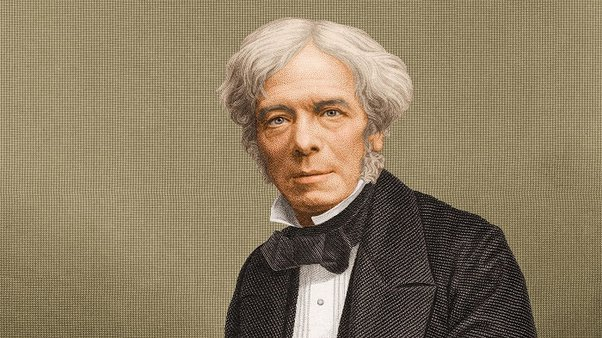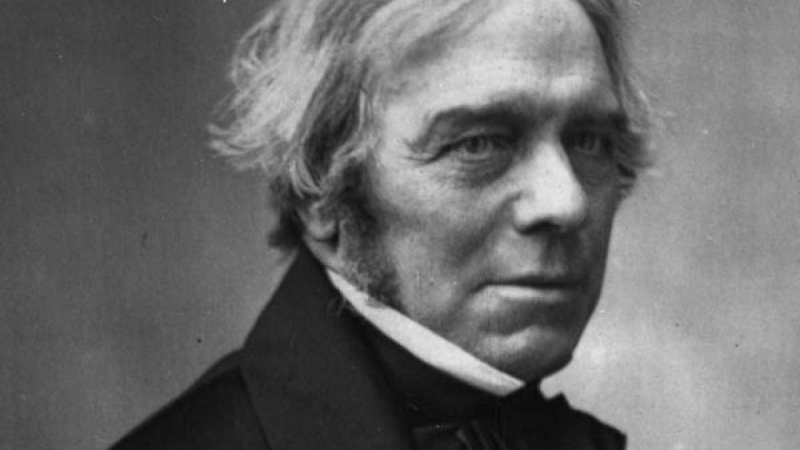Math was not Faraday’s Cup of Tea.
Faraday was a great experimenter who communicated his thoughts in plain and easy language; unfortunately, his mathematical talents were restricted to the simplest algebra and did not extend beyond trigonometry. He is described as "mathematically ignorant" by almost all of his biographers. He never studied mathematics, and his contributions to the field of electricity were solely experimental.
So, why is he included in a mathematicians' archive? Faraday's work, after all, is what led to the development of sophisticated mathematical theories of electricity and magnetism. For example, in 1846, he proposed that light is an electromagnetic phenomenon, but his hypothesis was discarded since he couldn't prove it mathematically. In 1864, scientist James Clerk Maxwell developed equations that helped to establish Faraday's idea. Maxwell remarked that Faraday's use of lines of force demonstrates that he was "in truth a mathematician of a very high order, one from whom future mathematicians may learn valuable and productive methods." The farad is the SI unit of capacitance named after him.












